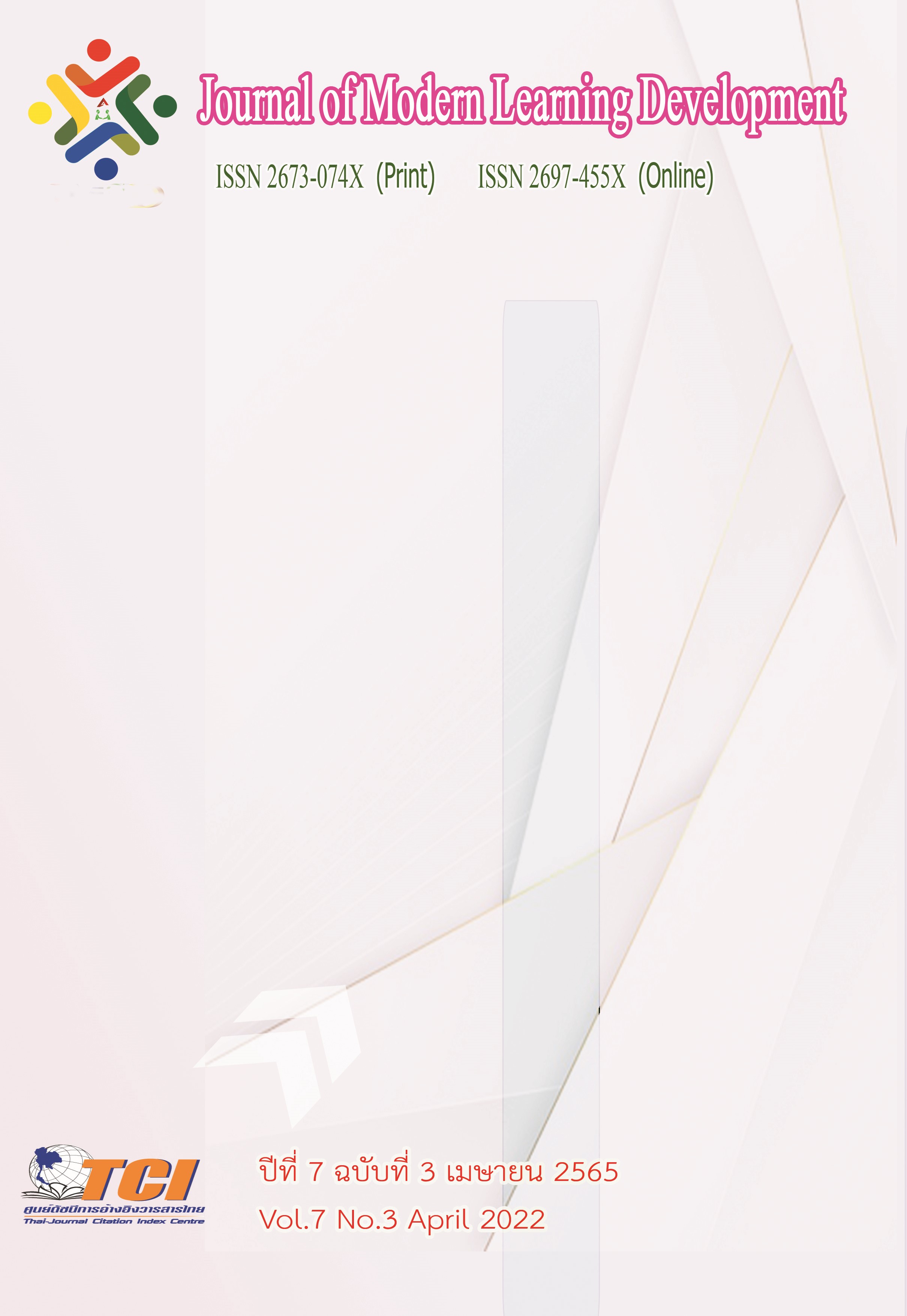An Evaluation of the Implementation of the Anti-Corruption Education for the Basic Education and the Higher Education Levels in Thailand
Main Article Content
Abstract
This research and evaluation aims to assess the achievement of two anti-corruption education curriculum, which are basic education curriculum and higher education curriculum. The target group in the assessment were 3,311 educational institutions, categorized into educational institutes under the Office of the Basic Education Commission (OBEC), educational institutes under local administrative organizations (LAO), and educational institutions under the Ministry of Higher Education, Science, Research and Innovation (MHESI) obtained by multi-stage sampling from the list of educational institutions of those three affiliations. In each educational institution, the evaluators consists of three groups: educational institute administrators; teacher/lecturer and parents of children and youth in each school, a total of 50,474 people. In each curriculum, there were three assessment instruments for the total of 6 sets. The evaluators assessed through the digital platform called TYintegrity.org. Scores obtained from evaluators were aggregated to present for each educational institution.
The results of the assessment revealed that the achievement in implementing anti-corruption curricula had an average score of 63.06 (grade D) reflecting very little potential and readiness to achieve in implementing the curriculum. When separated into each curriculum, the results revealed that 90 % of the educational institutions adopting anti-corruption basic education curriculum shown little potential and readiness to no potential and readiness. As for the results of colleges and universities adopting higher education anti-corruption curriculum, it was found that more than 95% of those educational institutions that there was no potential and readiness to achieve in implementing an anti-corruption curriculum at all. To improve the anti-corruption educational curriculums, It should focus on the design of the curriculum that is participatory-based curricular development. The content should be activities that promote learning. Teaching should be community-based teaching using mindfulness learning experience. Management should take the form of a national committee and creating and ecosystem that promoting nurturing of integrity is the most important.
Article Details
References
แผนแม่บทภายใต้ยุทธศาสตร์ชาติ (21) ประเด็น การต่อต้านการทุจริตและประพฤติมิชอบ (พ.ศ. 2561 – 2580). (2561). สำนักงานสภาพัฒนาการเศรษฐกิจและสังคมแห่งชาติ. ออนไลน์. สืบค้นเมื่อ 9 มกราคม 2563. แหล่งที่มา: http://nscr.nesdb.go.th/wp-content/uploads/2019/04/ 219A.pdf
หลักสูตรต้านทุจริตศึกษา พ.ศ. 2561. (2561). สำนักต้านทุจริตศึกษา สำนักงานคณะกรรมการป้องกันและปราบปรามการทุจริตแห่งชาติ. ออนไลน์. สืบค้นเมื่อ 13 มกราคม 2563. แหล่งที่มา: https://www.nacc.go.th/aced/categorydetail/2021091617212548/b85b27c0ce064e5e41aae20d45c6a9db?
อาภรณ์ ภูวิชพันธุ์. (2560). ความซื่อสัตย์ (Integrity) ในการทำงานสำคัญไฉน. ออนไลน์. สืบค้นเมื่อ 8 เมษายน 2564. แหล่งที่มา: https://www.hrcenter.co.th/file/columns/hr_f_201 70510_141240.pdf


